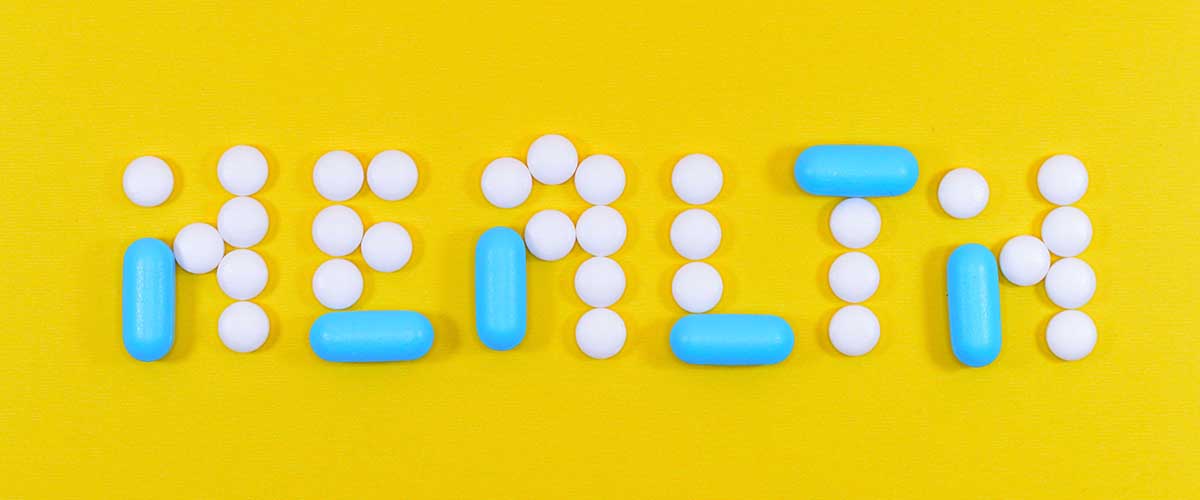Medication Management
We offer a direct and immediate connection to a medical provider that specializes in mental health and addiction treatment.
We cover the cost for this service, if insurance is not available.
We, at Emberwood Center, believe that there are multiple pathways to recovery and support our clients on their journey through whichever path they choose. We also believe that, in many cases, recovery from mental health and addiction issues can be greatly assisted by medications.
Research shows that a combination of medication with counseling & behavioral therapies can successfully treat substance use disorders, help sustain recovery, and reduce the rates of opioid overdose. The combination of medication and therapy modalities has been shown to be more successful in treating mental health issues than either of these two on their own.
We offer our clients a connection to our collaborative provider that specializes in mental health and substance disorders in order to give them the option of adding this resource to their efforts toward recovery. Emberwood pays for this service for those that do not have commercial insurance plans.
Researchers believe that the symptoms of mental illness come from chemical imbalances in a person’s brain. Medication works on these imbalances to reduce symptoms, or sometimes, to relieve them completely. In some cases, medication is only needed for a short period of time while someone reaps the benefits of therapy and other resources provided. It is important to know the benefits of prescribed medications, as well as their potential side effects, and to be monitored by a doctor.
FDA has approved several different medications to treat alcohol use disorders (AUD) and opioid use disorders (OUD). These medications relieve the withdrawal symptoms and psychological cravings that cause chemical imbalances in the body. Medications used are evidence-based treatment options and do not just substitute one drug for another. The ultimate goal is full recovery, including the ability to live a self-directed life. This treatment approach has been shown to:
- Improve patient survival
- Increase retention in treatment
- Decrease illicit opiate use and other criminal activity among people with substance use disorders
- Increase patients’ ability to gain and maintain employment
- Improve birth outcomes among women who have substance use disorders and are pregnant
- Can contribute to lowering a person’s risk of contracting HIV or hepatitis C by reducing the potential for relapse.
Learn more about co-occurring disorders and other health conditions.

